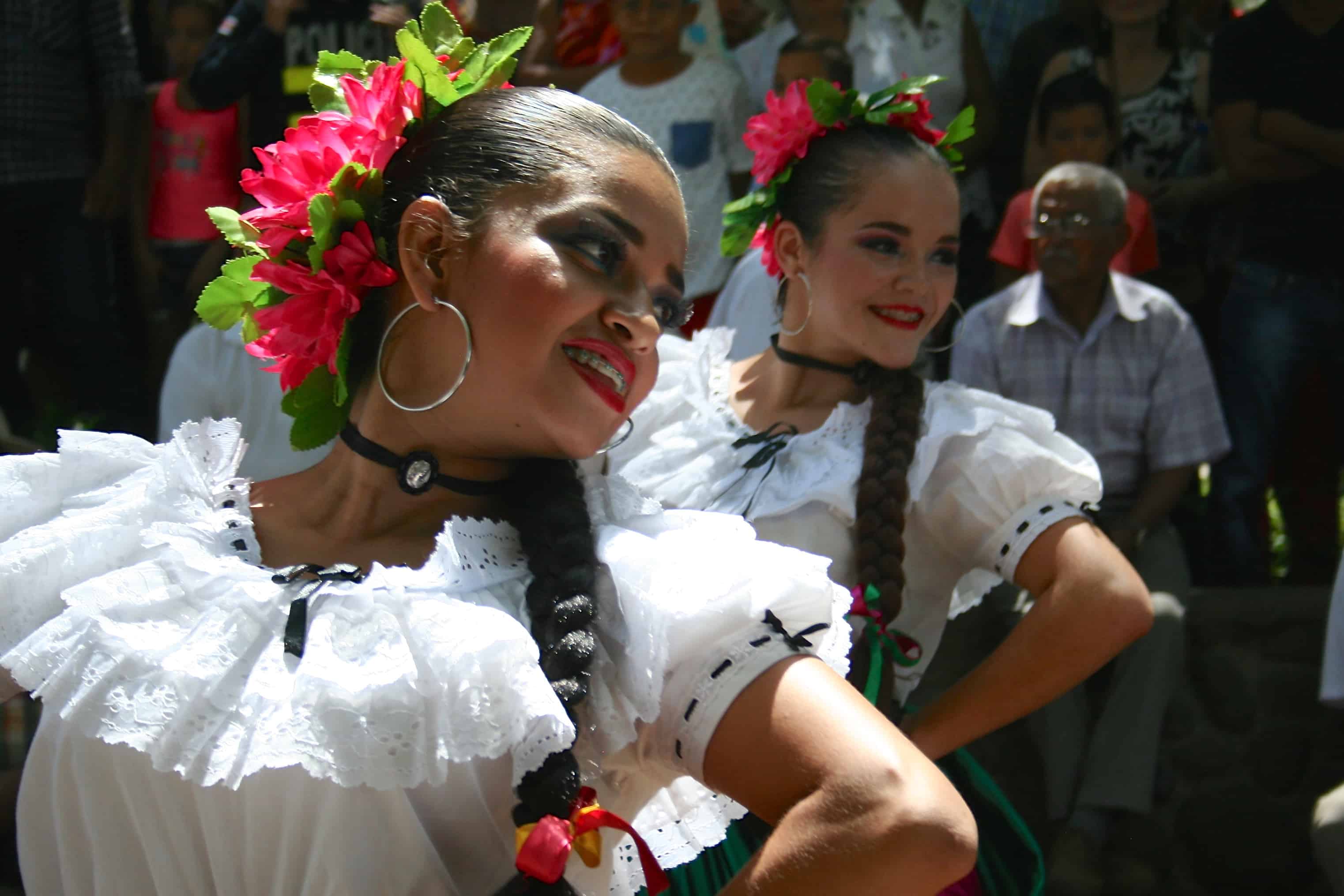July 25 is a national holiday that commemorates the day the north-western region of Guanacaste—once a part of Nicaragua during Spanish colonial rule—chose to join Costa Rica in 1824. Residents voted for annexation to escape Nicaragua’s civil wars, adding new land, culture, and traditions to Costa Rica (TT, July 25, 2003).
The union also enriched the nation’s identity. Vera Vargas, director of the Guanacaste Culture Office, notes that a new Spanish word captures this essence: guanacastequidad—“Guanacaste-ness.” She says every guanacasteco should preserve the values that define them, from marimba music and traditional dances to beloved local foods.
Food plays a starring role. Guanacaste is known for arroz de maíz (corn rice), rosquillas (ring-shaped salty bread), tamal asado (cornbread), cajetas (sweets), pozole made with purple corn, oversized tortillas, and other dishes often baked in clay ovens.
Oral traditions thrive, too. Bombas—four-line, often cheeky poems—punctuate festivals; anyone can halt the music with a shout of “¡Bomba!” before reciting one. Retahílas, or ensaladas, are rapid-fire chains of couplets—sometimes sensible, sometimes not—delivered “sin ton ni son” (without rhyme or reason).
Guanacaste’s dances are lively folk expressions. Couples move to marimba tunes that tell stories, their steps small and springy. Women flutter long, multicolored skirts with white blouses, while men don white hats, shirts, and pants accented by bright sashes. “Our Indigenous people reshaped Spanish dances through their own lens,” says Nago Torres, coordinator of the National Gallery of Popular Culture. “Folk dances come from the heart; they’re spontaneous, not staged.”
One unmistakable local sound is the exuberant weepeepia shout heard at bullfights and rodeos. Torres explains it evolved from performers who once cried “¡Agua de pipa!” (“coconut water”)—a joyful declaration that gradually morphed into today’s triumphant cheer.






